food supplement for liver: Transformative, Science-Grounded Support for Vibrant Health
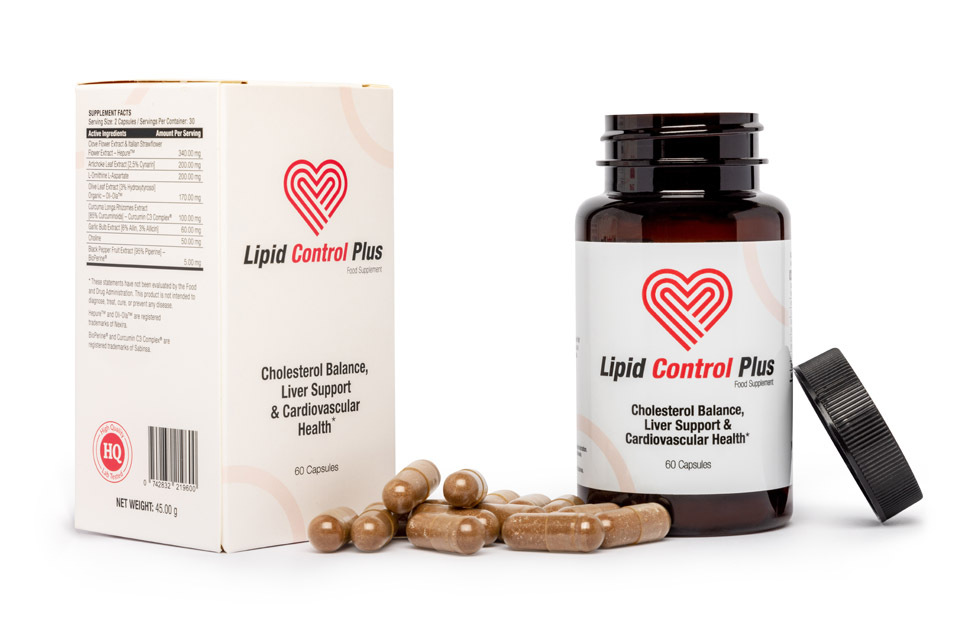
food supplement for liver: Transformative, Science-Grounded Support for Vibrant Health.
Why Liver Health Feels So Hard Today
For millions of people, daily life stacks the odds against a healthy liver: desk jobs, ultra-processed foods, high sugar intake, elevated stress, and irregular sleep. The liver quietly handles more than 500 functions—metabolizing fats and sugars, detoxifying byproducts, regulating cholesterol, and managing hormones—until warning signs surface: persistent fatigue, brain fog, heavy meals “sitting” in the stomach, stubborn abdominal fat, rising ALT/AST, or borderline high LDL and triglycerides. This is where a carefully chosen food supplement for liver can act as a strategic support alongside diet and lifestyle.
The challenge is credibility. People see claims for fast “liver detox” fixes, but long-term improvement requires sustained habit change, smarter eating, and targeted nutrients. Done right, a food supplement for liver supports normal hepatic function, encourages healthy lipid metabolism, and complements the lifestyle pillars that actually move the labs: balanced nutrition, movement, restorative sleep, and stress control.
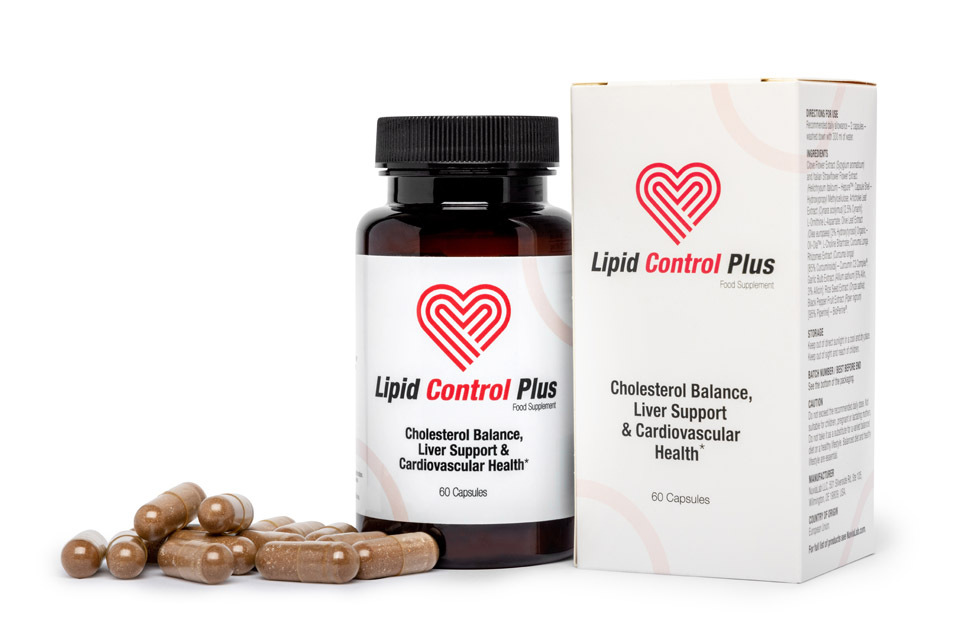
What a Supplement Can and Cannot Do
A food supplement for liver supports your body; it does not treat disease, replace medication, or override an unhealthy lifestyle. The right formula should:
- Support normal liver enzyme balance within the healthy range.
- Help maintain cholesterol, LDL, HDL, and triglycerides already in the normal range.
- Provide antioxidants that protect cells from oxidative stress.
- Complement dietary fiber, movement, and hydration.
It should not claim to cure fatty liver disease, replace statins, or “flush toxins overnight.” Expect steady, measurable support when you combine a quality food supplement for liver with daily actions that strengthen metabolic resilience.
Where Lipid Control Plus Fits
Lipid Control Plus is a multi-ingredient food supplement. Multi-ingredient formulas are designed to bundle complementary nutrients often linked to healthy lipid metabolism and liver support. While ingredients vary by brand, the multi-ingredient approach aims to help users follow a simple, consistent routine. If you’re evaluating Lipid Control Plus in the category of food supplement for liver, focus on label transparency, evidence-backed ingredients, appropriate serving sizes, and third-party quality standards.
The Modern Liver-Health Problem We Can Solve
The most common scenario today is metabolic overload: too many refined carbs, insufficient fiber and protein, low omega-3 intake, late-night snacking, chronic stress, and fragmented sleep. Over time, this pattern can coincide with elevated liver enzymes, mild insulin resistance, unfavorable cholesterol profiles, and nonalcoholic fatty liver concerns discussed with healthcare professionals. An evidence-aligned food supplement for liver can support lipid metabolism, bile flow, and antioxidant capacity while you fix the upstream habits that caused the strain.
What To Look For in a food supplement for liver
- Clear labeling with amounts per serving.
- Ingredients known to support hepatic function and lipid balance.
- Absence of proprietary blends that hide dosages.
- Sensible serving sizes consistent with research ranges.
- Allergen and additive transparency.
- Third-party testing for purity and potency.
- Realistic, non-medical claims.
Common Evidence-Aligned Ingredients in Multi-Ingredient Formulas
Note: The following are examples commonly used in this category. They may or may not be present in any specific product. Always read your label.
Milk Thistle (Silymarin)
Milk thistle is widely discussed for supporting hepatocyte integrity and antioxidant defenses. Silymarin can help protect cells from oxidative stress and support normal liver enzyme patterns. Within a food supplement for liver, it is often paired with other antioxidants and lipotropic agents.
Artichoke Leaf
Artichoke leaf extract is explored for bile flow support, digestive comfort after fatty meals, and healthy lipid metabolism. In a food supplement for liver, it complements ingredients that support cholesterol balance already within the normal range.
Choline or Phosphatidylcholine
Choline is essential for fat transport out of the liver and normal methylation. Phosphatidylcholine supports cell membrane integrity and bile composition. A food supplement for liver often includes choline donors to encourage balanced lipid handling.
Turmeric (Curcumin)
Curcumin provides antioxidant activity and supports a healthy inflammatory response. Enhanced-absorption forms (e.g., with piperine or specialized delivery systems) are popular. In a food supplement for liver, curcumin can be a cornerstone for oxidative stress support.
Omega-3 Fatty Acids
EPA and DHA support triglyceride balance, heart health, and a balanced inflammatory response. While not always inside a capsule-based product, many people pair omega-3 fish oil with a food supplement for liver to create a complementary stack.
Berberine
Berberine is known for supporting healthy glucose metabolism and lipid balance. It’s potent and can interact with medications, so healthcare guidance matters. If a food supplement for liver includes berberine, check the serving size, timing, and potential interactions.
Antioxidant and Methylation Support
N-acetylcysteine (NAC), selenium, vitamin E, alpha-lipoic acid, and folate/B12 support glutathione and cellular defense systems. These often appear in a multi-ingredient food supplement for liver to reinforce detox pathways and redox balance.
Bitter Botanicals and Digestive Aids
Dandelion, ginger, and bitters support digestion and bile dynamics. A food supplement for liver may include gentle bitters to help with mealtime comfort.
What a Sensible Daily Routine Looks Like
A structured routine enhances adherence and outcomes. Here is an example framework that pairs lifestyle with a food supplement for liver. Always follow the specific directions on your product label.
- Morning
- Hydration with a pinch of mineral-rich salt or lemon.
- Protein-forward breakfast with high-fiber carbs (berries, oats, chia) and healthy fats (olive oil, walnuts).
- Take your food supplement for liver as directed on the label, if morning dosing is advised.
- 10–20 minutes of brisk walking or light mobility.
- Midday
- Prioritize whole foods: leafy greens, legumes, lean proteins, and extra-virgin olive oil.
- Add 25–30 g fiber per day from foods; consider psyllium or inulin if your diet is low.
- If your food supplement for liver has split dosing, follow the label for midday timing.
- Evening
- Avoid large late-night meals and alcohol on weekdays.
- 12-hour overnight eating window (e.g., stop at 8 pm, eat at 8 am).
- If label suggests evening doses, take your food supplement for liver with water and a light snack if needed.
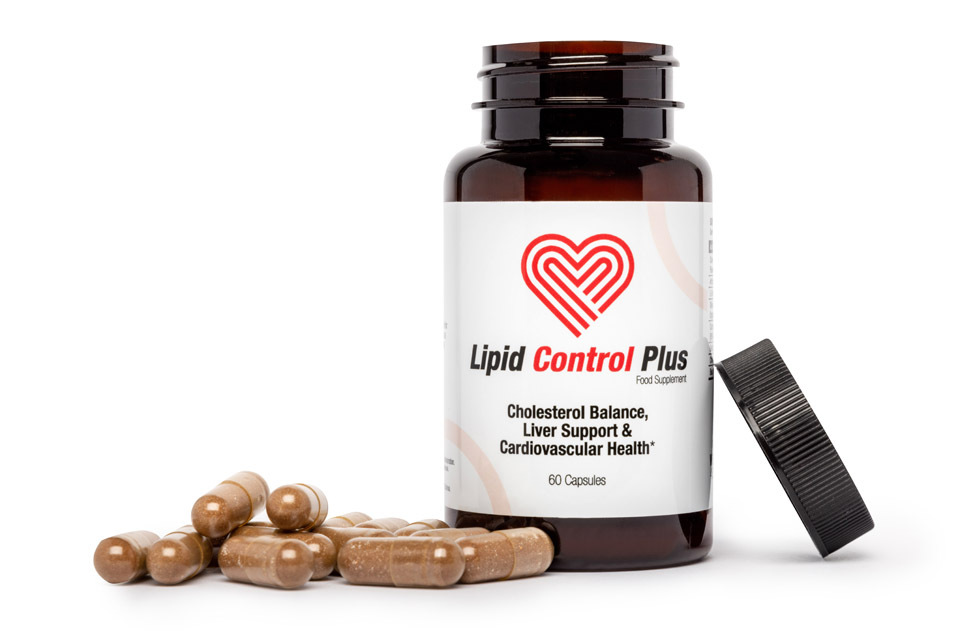
A Balanced View: What Changes to Expect
With consistent use, most people can expect gradual improvements that reflect better routine—steady energy, improved post-meal comfort, and favorable trends in labs discussed with a clinician. A food supplement for liver is a catalyst, not a cure. The biggest shifts come from the synergy of nutrition, movement, sleep, and stress skills.
Multi-Ingredient vs. Single-Ingredient: Which Is Better?
When comparing approaches, consider coverage, simplicity, and cost.
| Approach | Pros | Cons | Best For |
|---|---|---|---|
| Multi-ingredient food supplement for liver | Broad support in one routine; synergistic nutrients; simpler adherence | More complex labels; risk of under-dosed ingredients; variable quality | People who prefer one comprehensive product |
| Single-ingredient approach | Precision dosing; easier to evaluate effects | Requires building a personalized stack; more capsules | Users who like customizing ingredient-by-ingredient |
How to Evaluate Quality Before You Buy
- Read the Supplement Facts panel carefully.
- Look for standardized extracts (e.g., silymarin standardized to a percentage).
- Verify the presence of choline donors or phosphatidylcholine if lipid transport support is important to you.
- Check for overuse of “proprietary blends” that conceal dosages.
- Seek third-party testing for purity and potency.
- Avoid exaggerated claims; a responsible food supplement for liver does not promise disease treatment.
Pairing Lifestyle Levers for Synergy
To maximize the value of any food supplement for liver, stack simple, proven actions:
- Fiber First: Aim for 25–40 g/day from legumes, oats, chia, flaxseed, vegetables, and fruit. Fiber supports healthy LDL, triglycerides, and post-meal glucose.
- Protein Distribution: 25–35 g quality protein per meal to stabilize appetite and glycemia.
- Smart Fats: Favor olive oil, nuts, seeds, and fatty fish; reduce ultra-processed oils and trans fats.
- Movement Snacks: 2–10 minutes of movement after meals improves postprandial metabolism.
- Sleep Regularity: Consistent sleep-wake times support insulin sensitivity and appetite hormones.
- Stress Skills: Breathing drills, sunlight, and walks help buffer cortisol, indirectly benefiting liver and lipid health.
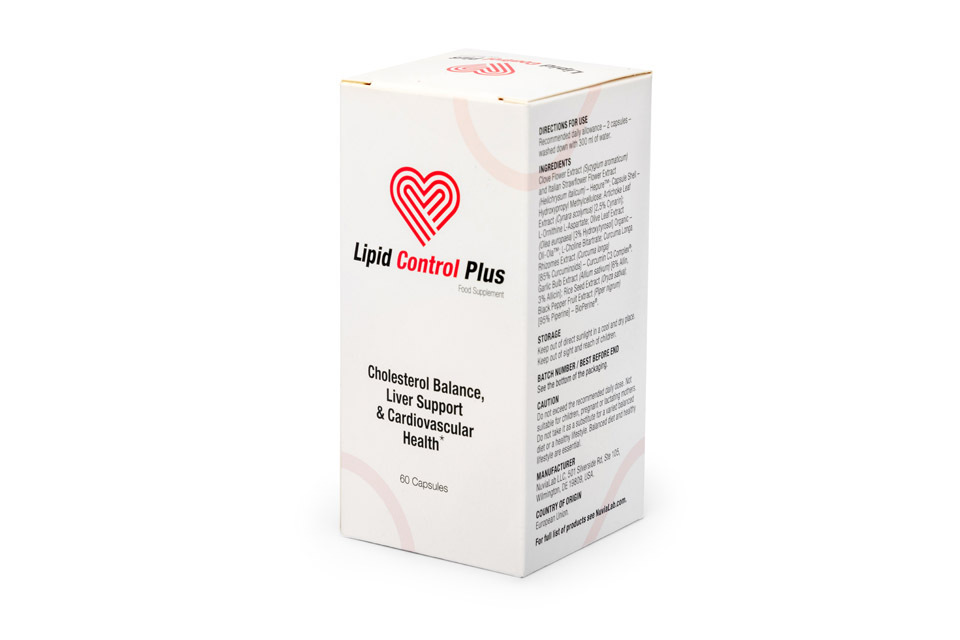
Innovative, Practical Strategies You’ll Actually Use
The most effective plan is the one you can sustain. Pair your food supplement for liver with these user-tested methods:
- The Plate Blueprint: Half non-starchy vegetables, a palm of protein, a thumb of healthy fat, and a cupped hand of smart carbs. Repeat this simple picture at each meal.
- The 10–10 Rule: 10 minutes of outdoor light within an hour of waking; 10 minutes of post-meal movement after your largest meal.
- Two Wins a Day: Choose any two from fiber target, movement snack, hydration goal, or early dinner. Small, repeatable wins compound.
- Weekend Flex, Weekday Focus: Keep alcohol minimal Monday–Thursday; if you drink, cap to light amounts on weekends.
- Track What Matters: Resting heart rate, waist circumference, steps, and how your stomach feels after meals. Surface-level comfort often predicts deeper improvements.
Measuring Progress That Matters
Discuss baseline and follow-up labs with your clinician:
- Liver enzymes: ALT, AST, GGT within normal ranges.
- Lipids: LDL-C, HDL-C, triglycerides.
- Metabolic markers: fasting glucose, HbA1c, fasting insulin (if available).
- Anthropometrics: waist circumference, body composition.
- Subjective markers: energy consistency, post-meal comfort, sleep quality.
Re-test every 8–12 weeks. Keep your diet and routine stable for two weeks before labs. If using a food supplement for liver, note the start date and any changes in dose or brand.
Safety, Interactions, and Sensitivities
A responsible approach recognizes that “natural” does not always mean “risk-free.” Before starting any food supplement for liver:
- Talk to your healthcare provider if you use medications for cholesterol, blood pressure, diabetes, or mood.
- Be cautious with botanicals that may affect cytochrome P450 enzymes.
- If pregnant, breastfeeding, or managing liver conditions under medical care, seek personalized guidance.
- Note potential interactions with berberine, curcumin, and red yeast rice–type ingredients.
- Start low and go slow if you have a sensitive stomach. Take with food unless the label advises otherwise.
Realistic Expectations and Sustainable Results
A food supplement for liver works best when it amplifies what you already do well. If your nutrition is chaotic and sleep is short, you will still benefit from a quality product—but your results will multiply once your habits improve. Consider a simple, 90-day plan combining your food supplement for liver, daily fiber targets, light-to-moderate resistance training, brisk walks, and consistent bedtime. People often report steadier energy, improved relationship with food, and more comfortable digestion when they stay the course.
High-Intent Keywords to Naturally Include in Your Research
If you’re reading widely before purchasing, the following terms can help you evaluate options and understand context:
- fatty liver support, liver detox support, hepatic function, bile flow, liver enzymes ALT AST GGT
- high cholesterol support, lower triglycerides, LDL and HDL balance, heart health, metabolic health
- insulin resistance, blood sugar balance, nonalcoholic fatty liver (NAFLD) lifestyle strategies
- milk thistle silymarin, artichoke extract, turmeric curcumin, berberine, choline, phosphatidylcholine
- omega-3 fish oil, NAC, alpha-lipoic acid, selenium, vitamin E, digestive bitters
- third-party testing, standardized extracts, non-GMO, allergen-free, clean label
Weave these into your notes when comparing products, especially if you’re evaluating a multi-ingredient food supplement for liver and want to align your choice with your goals.
A Simple Decision Framework
Use this three-question filter to select a food supplement for liver you can trust:
- Is the label fully transparent with amounts per ingredient?
- Are the claims responsible (support/maintain) rather than medical?
- Are you confident the dosing aligns with research ranges and your clinician’s guidance?
If a product like Lipid Control Plus sits within those parameters, it can be a practical part of your plan.
Troubleshooting: If You’re Not Seeing Results
- Check Consistency: Are you taking your food supplement for liver daily, at the suggested time?
- Check Basics: Are you hitting your fiber and protein goals and walking after meals?
- Check Sleep: Less than 6–7 hours can stall progress.
- Check Interactions: Review medications and supplements with your clinician.
- Consider Labs: Re-test after 8–12 weeks; look for trends, not perfection.
Frequently Asked Questions
Will a food supplement for liver “detox” my body?
Your liver already detoxifies. Supplements support normal pathways and antioxidant defenses; they do not “flush toxins” overnight. Focus on sustained routine plus a high-quality food supplement for liver.
How long until I notice a difference?
Some notice digestive comfort or steadier energy within weeks. Objective markers like ALT/AST, LDL, and triglycerides typically require 8–12 weeks of consistent use of your food supplement for liver plus lifestyle changes.
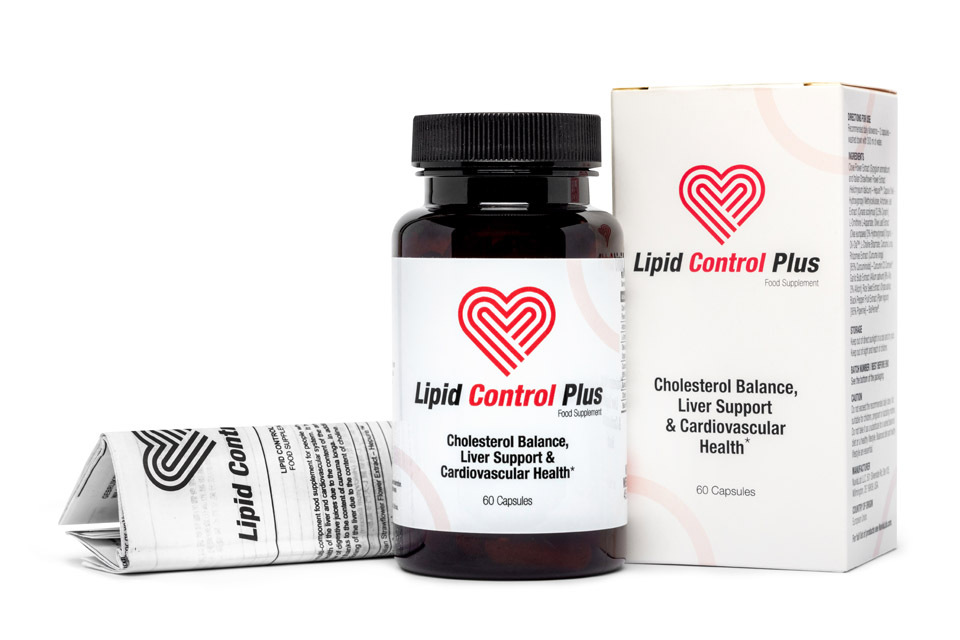
Can I use a supplement if I’m on medication?
Discuss with your clinician. Botanicals like berberine or concentrated extracts can interact with medications. Safety comes first when evaluating any food supplement for liver.
Do I still need to change my diet?
Yes. Supplements extend what diet and movement start. A food supplement for liver delivers better results with fiber-rich meals, movement, and sleep.
Is alcohol compatible?
Even moderate alcohol can challenge the liver. If you drink, consider keeping intake light and avoid stacking alcohol with high-fat, late-night meals while using your food supplement for liver.
Putting It All Together
If your current routine leaves you foggy after meals, with slow digestion and stubborn cholesterol trends, you’re not alone. The fix is not a silver bullet—it’s a set of small, repeatable actions amplified by the right support. Choose a transparent, multi-ingredient food supplement for liver, pair it with fiber-forward meals, short post-meal walks, and a regular sleep schedule, and give the plan 90 days. Track what you can, celebrate small wins, and let data guide your next step. Products in this category—including Lipid Control Plus as a multi-ingredient option—are most effective when they serve as the scaffolding for a healthier daily rhythm.
Important Notes and Disclaimers
- This content is for educational purposes only and is not medical advice.
- A food supplement for liver is not intended to diagnose, treat, cure, or prevent any disease.
- Consult a qualified healthcare professional before use, especially if you take medications or have a medical condition.
- Always follow the instructions on your product’s label.

